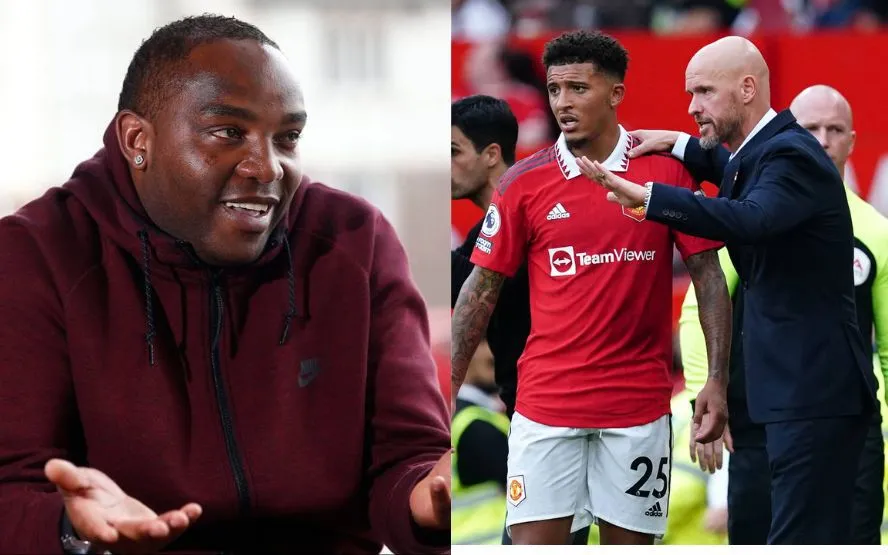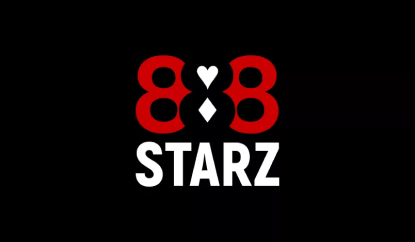In the ever-evolving landscape of football, behind every rumoured transfer and high-profile fallout lies a story that goes deeper than headlines suggest. Harambee Stars coach Benni McCarthy’s insights into the Jadon Sancho and Erik ten Hag standoff remind us that the game’s great dramas are rooted just as much in culture, personality, and pride as they are in statistics and titles.
The origin of a high-stakes fallout at Old Trafford
To understand the tension between Jadon Sancho and Erik ten Hag, it’s crucial to revisit the backdrop. Sancho arrived at Manchester United in 2021, his €73 million move from Borussia Dortmund heralded as the dawn of a thrilling new era for the club. Expectations grew with each match, but Sancho’s tenure at United has, by most accounts, fallen short. With just six goals and 12 assists in 83 appearances for the Red Devils, his output was a far cry from the electric performances he delivered in the Bundesliga.
The breaking point with Ten Hag came in September 2023, when Sancho was barred from first-team training over allegations that he was not training to the manager’s standards. Sancho publicly refuted these claims in a statement, asserting, “Please don’t believe everything you read! I will not allow people to say completely untrue things. I have conducted myself in training very well this week. I believe there are other reasons for this matter that I won’t go into.” This clear fracture ultimately saw Sancho sent out on loan, first returning briefly to Dortmund, and then to Chelsea.
Benni McCarthy’s unique perspective as coach and mentor
Few understand the inner workings of Old Trafford or the player’s mindset like Benni McCarthy. Having served as United’s striker coach, McCarthy worked closely with Sancho during some of the English forward’s most challenging months. When asked why Sancho refused to apologise to Ten Hag, McCarthy’s response was steeped in empathy and personal experience. “If you are from the streets, no one wants to apologise because then you’re admitting you are not training well, you are lazy, everything you are accused of,” McCarthy shared. This sentiment, coming from someone who, like Sancho, grew up learning the unspoken codes of street football, underscores the complexity of such confrontations.
McCarthy’s insights go beyond the faceless analysis of numbers or tactical breakdowns. They remind us that for some athletes, pride and perception are inseparable from performance. Sancho told him directly, “I ain’t apologising because if I do, I’m apologising for being lazy, always being late and not giving my best. That’s what I’m apologising for. And those were his reasons.” In those words, a portrait emerges not of defiance for its own sake but of a young man wrestling to reconcile personal dignity with the public expectations of a global institution like Manchester United.
Sancho’s struggle and search for identity
The aftermath of the row was felt not only on the pitch but across Sancho’s career narrative. Once considered among Europe’s most promising forwards at Borussia Dortmund—where sparkling numbers became the norm—Sancho has struggled to replicate his Bundesliga magic within English football. His loan move to Chelsea, tallying four goals and 10 assists across 39 appearances, offered only a modest boost. Contractually, if Chelsea finish 15th or higher, they are obliged to make the deal permanent, though internal doubts in the boardroom leave Sancho’s long-term future unresolved.
The numbers, while important, do not reveal the full picture. Sancho’s journey has been marked by constant managerial changes, instability, and the perils of adaptation in a relentlessly scrutinising environment. Each new uprooting chips away at the stability so many players need to thrive, a reality that even the hardest statistics cannot quite quantify.
The mentor’s challenge and the human side of elite sport
For McCarthy, the former Manchester United coach, engaging with Sancho was as much about mentorship as it was managerial duty. He attempted to bridge the gap, approaching Sancho not just as a coach but as a friend and confidant—someone who understood the language of pride and perseverance. Yet, as McCarthy tried to guide his protégé through the storm, it became clear that advice alone could never override years of cultural wiring and personal experience.
These subtle dynamics often lurk beneath the surface of professional sport. Here, the dichotomy between personal values and institutional expectations creates tension that is as old as competition itself. In such crucibles, decisions are forged that affect entire careers and reputations.
| CASINO | BONUS | INFO | RATING | |
|---|---|---|---|---|
|
bonus
Welcome package: 190,000 KES + 150 FS
See 11 Bonuses
|
info
BK 0000695 PG 0000419 A wide range of bonuses |
|||
|
bonus
Deposit KES 147 for up to KES 14,745 bonus + spins!
See 10 Bonuses
|
info
BK 0000683 Industry-leading software providers, over 30 casino games, BCLB license |
|||
|
bonus
Claim 1 free spin for signing up, win up to KSH 1,000!
See 3 Bonuses
|
info
PG 0000422 Games from top providers, rewarding welcome bonus & VIP program |
|||
|
bonus
Welcome Bonus up to 18,000KES
See 17 Bonuses
|
info
Curacao OGL/2024/225/0601 Lots of exciting bonus features |
The ripple effects and future prospects
Sancho’s refusal to apologise—rooted in personal philosophy and background—wasn’t merely a moment of insubordination. It was emblematic of a broader struggle many modern athletes face: navigating the cracks between personal identity and the corporate machinery of global clubs. If the next step in Sancho’s journey proves fruitful, it may well be because he finds himself in an environment where both his pride and performance can coexist.
For Benni McCarthy, the story continues to evolve in Kenya, where he recently took the reins as head coach of the Harambee Stars. Rumours have swirled about a possible move back to South Africa, with clubs like Orlando Pirates and Kaizer Chiefs reportedly interested in his services. Yet, both McCarthy and the Football Kenya Federation have publicly reaffirmed his commitment to leading Kenya, at least for the foreseeable future. The South African football expert Abiola Olumide noted, “Even with Pirates’ job being an exciting one for McCarthy as they are his former club, I don’t think it’s the right time for him to return to the PSL, after all he has promised to achieve with the Kenyan national team.”
This renewed chapter gives McCarthy an opportunity to further prove his mettle outside his homeland. Taking Kenya to the Africa Cup of Nations would represent a fresh highlight in his managerial career—and perhaps, when his work is done, the homecoming can begin in earnest.
The untold story behind stats and headlines
In the final reckoning, the saga of Jadon Sancho and Erik ten Hag is about far more than public apologies and statistics. When Benni McCarthy revealed the motivations behind Sancho’s choices, he shed light on the emotional and cultural dimensions that shape elite athletes. These narratives—full of tension, struggle, and resilience—remind us why sport remains one of our most compelling human dramas.










